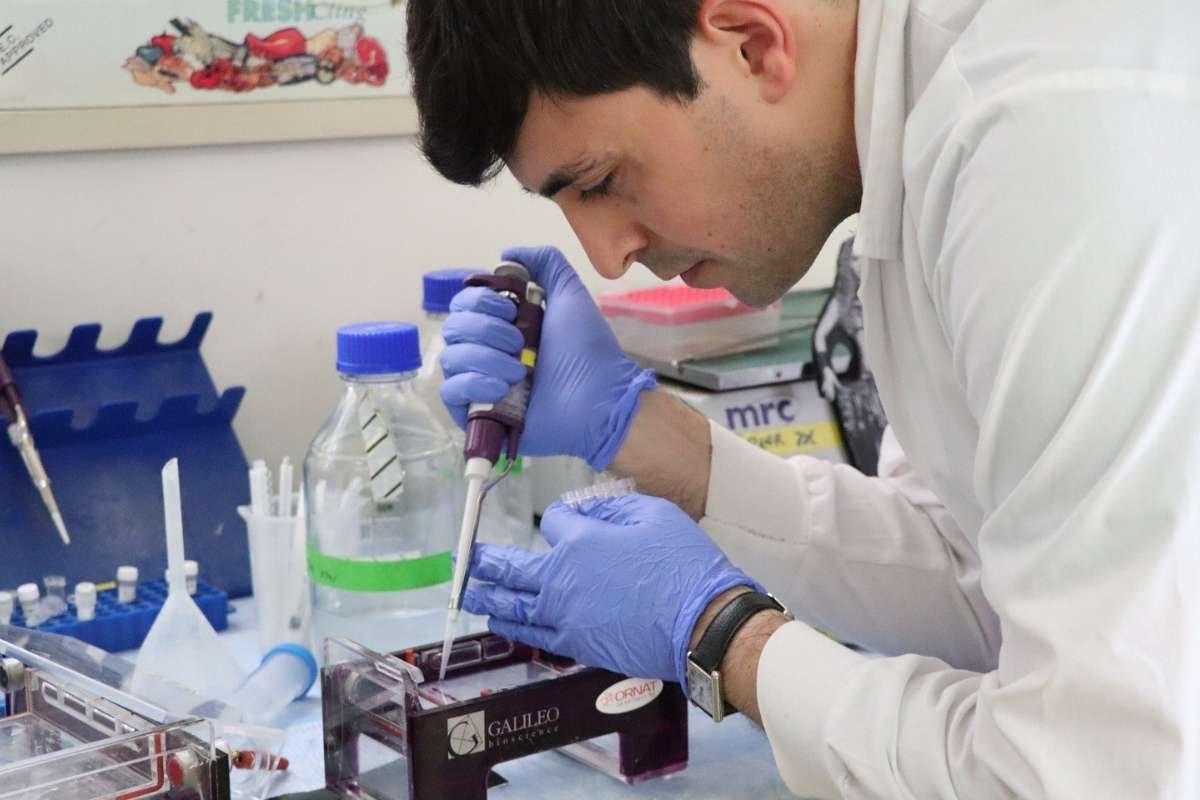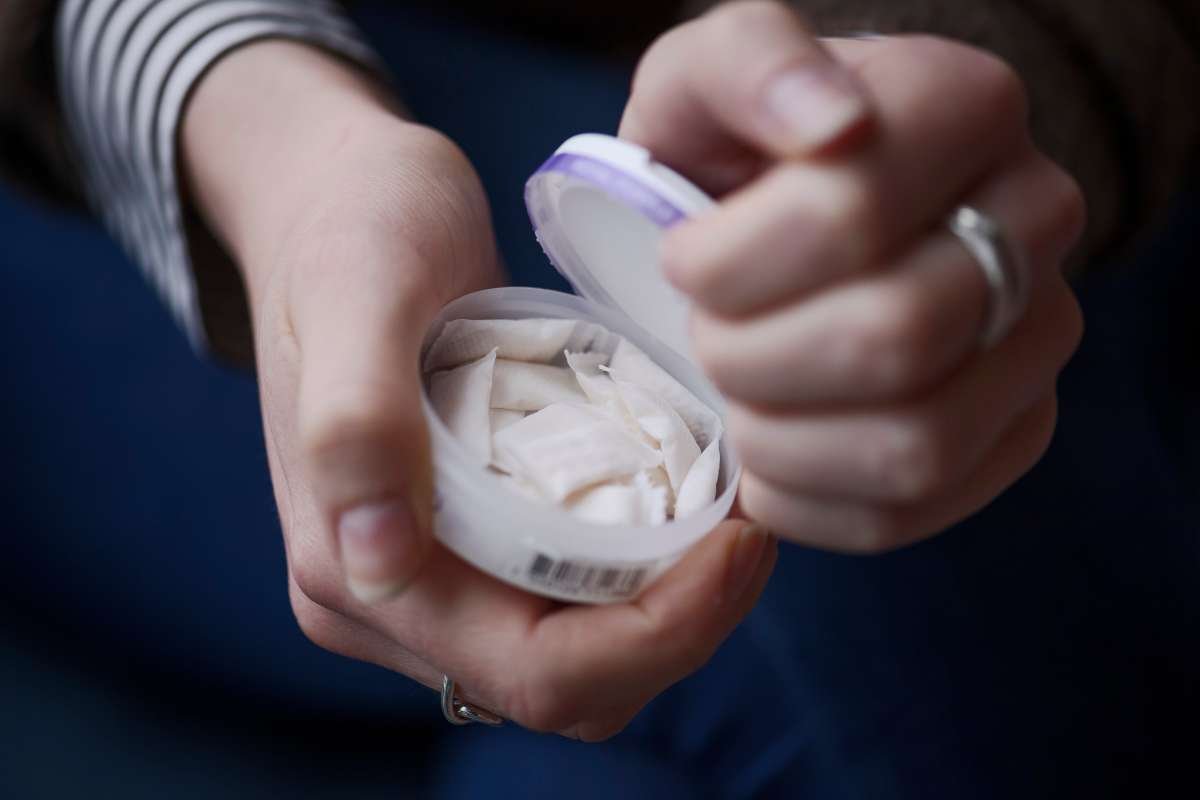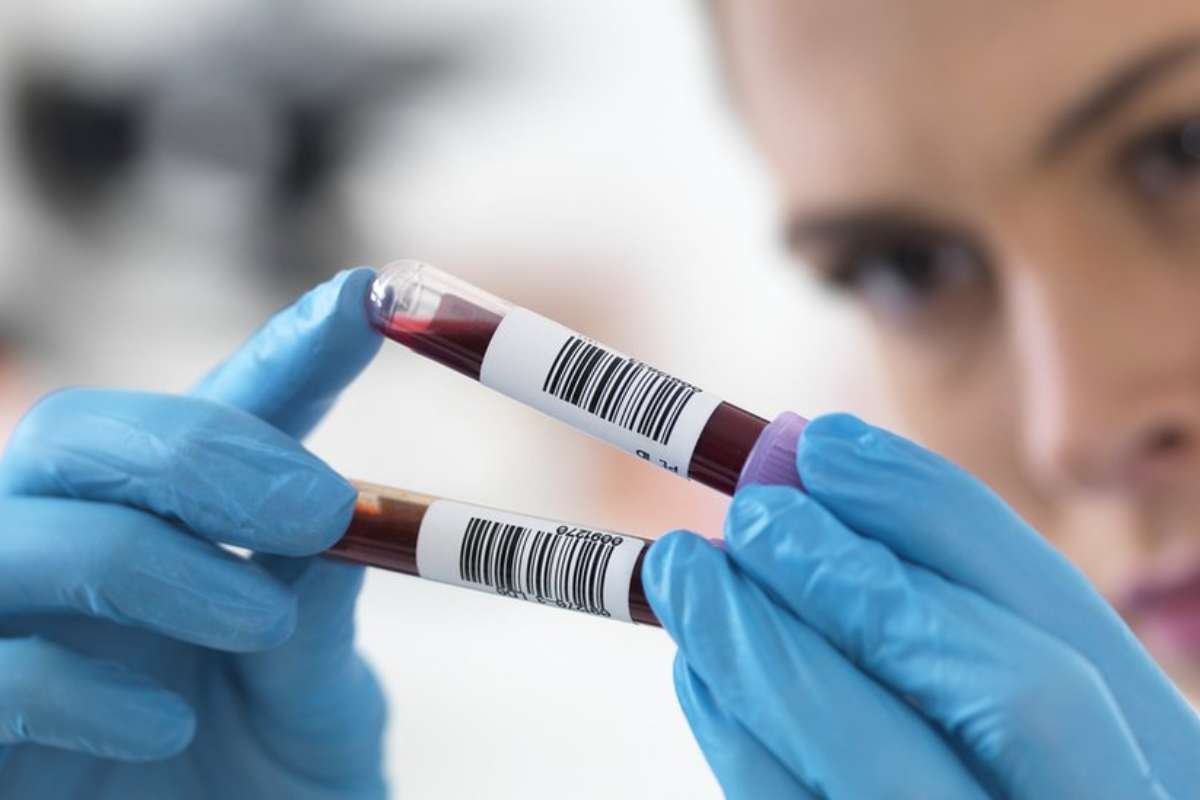Introduction:
A frequent medical disorder called lymphadenopathy, or swollen lymph nodes, is characterized by the expansion of lymph nodes as a result of infection or inflammation. Small, bean-shaped glands called lymph nodes are found all across the body’s lymphatic system, which is essential for both preventing infection and filtering lymph fluid. Although enlarged lymph nodes frequently suggest that the immune system is fighting an illness, they can also be a symptom of underlying medical conditions that need to be addressed. We will look at the causes, signs, diagnosis, and available treatments for enlarged lymph nodes in this extensive overview.
Understanding Swollen Lymph Nodes:
Swollen lymph nodes occur when the immune system responds to an infection, injury, or other underlying health condition. Lymph nodes contain white blood cells called lymphocytes, which help fight infection by trapping and destroying harmful substances such as bacteria, viruses, and abnormal cells. When the body detects an infection or injury, lymphocytes multiply and accumulate in the lymph nodes, causing them to swell and become tender to the touch.
Causes of Swollen Lymph Nodes:
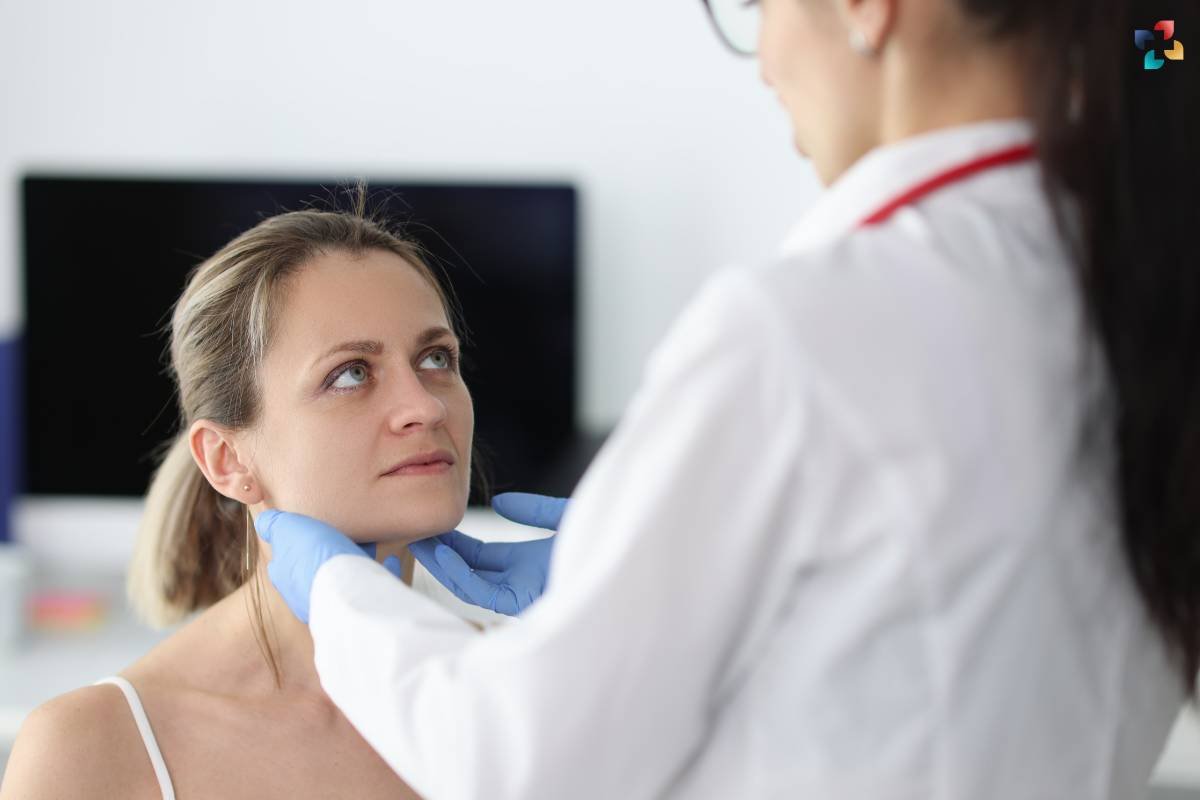
- Infection: The most common cause of swollen lymph nodes is infection, which can be bacterial, viral, or fungal in nature. Common infections that can lead to swollen lymph nodes include colds, flu, strep throat, mononucleosis, and ear infections.
- Inflammation: Inflammatory conditions such as rheumatoid arthritis, lupus, and certain types of cancer can cause swelling of the lymph nodes.
- Injury: Trauma or injury near a lymph node can cause it to swell as the body responds to tissue damage and inflammation.
- Immune system disorders: Disorders that affect the immune system, such as HIV/AIDS, can cause persistent swelling of the lymph nodes.
- Cancer: Certain types of cancer, including lymphoma, leukemia, and metastatic cancer, can cause enlargement of lymph nodes.
Symptoms of Swollen Lymph Nodes:
- Enlarged lymph nodes: Swollen lymph nodes may be palpable as firm, tender lumps under the skin, usually in the neck, armpits, or groin.
- Tenderness: Swollen lymph nodes may be tender or painful to the touch, especially during movement or pressure.
- Redness and warmth: The skin over swollen lymph nodes may appear red and feel warm to the touch.
- Fever: Infections that cause swollen lymph nodes may be accompanied by fever, chills, and other flu-like symptoms.
- Fatigue: Swollen lymph nodes may be associated with feelings of fatigue, weakness, and malaise as the body fights off infection.
Diagnosis of Swollen Lymph Nodes:
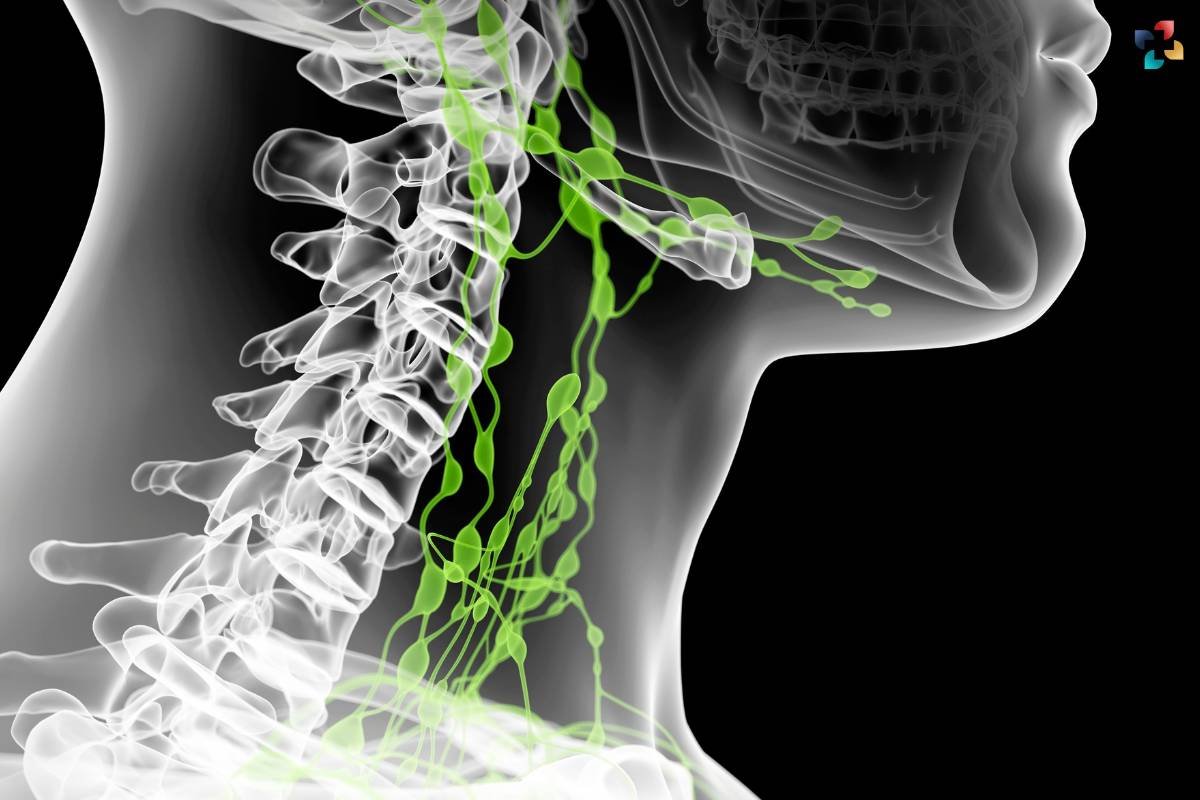
To diagnose the underlying cause of swollen lymph nodes, a healthcare professional will perform a thorough medical history and physical examination. Additional tests may be ordered based on the suspected cause, including blood tests, imaging studies such as ultrasound or CT scan, and lymph node biopsy.
Treatment of Swollen Lymph Nodes:
Treatment for swollen lymph nodes depends on the underlying cause. In many cases, swollen lymph nodes will resolve on their own as the body fights off infection. Over-the-counter pain relievers such as acetaminophen or ibuprofen can help alleviate discomfort. If swollen lymph nodes are caused by a bacterial infection, antibiotics may be prescribed. In some cases, corticosteroids or other medications may be recommended to reduce inflammation.
Home Remedies for Swollen Lymph Nodes:
In addition to medical treatment, several home remedies can help alleviate symptoms and promote recovery from swollen lymph nodes:
1. Warm Compress
Applying a warm compress to the affected area can help reduce swelling and alleviate discomfort. Use a clean towel soaked in warm water and wring out excess moisture before applying it to the swollen lymph nodes for 10-15 minutes several times a day.
2. Rest and Hydration
Get plenty of rest and drink plenty of fluids to support the body’s immune response and promote healing. Aim for at least 8-10 glasses of water per day to stay hydrated.
3. Elevation
Elevating the affected area above the level of the heart can help reduce swelling and improve circulation. Use pillows to prop up the affected limb or area while resting.
4. Healthy Diet
Eat a balanced diet rich in fruits, vegetables, whole grains, and lean proteins to provide essential nutrients and support immune function.
5. Gentle Exercise

Engage in light exercise such as walking, yoga, or swimming to promote circulation and lymphatic drainage. Avoid strenuous activities that may exacerbate swelling or discomfort.
Conclusion:
Infection, inflammation, trauma, or underlying medical disorders can all lead to swollen lymph nodes, a frequent medical disease. Though swollen lymph nodes are typically benign and go away on their own, excessive or persistent swelling can be a sign of a more serious underlying problem that needs to be treated by a doctor. It’s critical to speak with a healthcare provider for an accurate diagnosis and course of treatment if you have swollen lymph nodes along with other worrisome symptoms like fever, weight loss, or night sweats. Most cases of enlarged lymph nodes can be properly handled, and people can return to optimal health and well-being, with immediate medical attention and suitable self-care practices.
FAQs
1. What causes swollen lymph nodes?
Swollen lymph nodes are typically caused by infection, inflammation, or injury. Common infections such as colds, flu, and strep throat can lead to swollen lymph nodes, as can inflammatory conditions like rheumatoid arthritis or lupus.
2. When should I see a doctor for swollen lymph nodes?
You should see a doctor if your swollen lymph nodes persist for more than two weeks, are accompanied by other concerning symptoms such as fever, weight loss, or night sweats, or if they continue to enlarge or become painful.
3. How are swollen lymph nodes diagnosed?
Diagnosis of swollen lymph nodes involves a thorough medical history, physical examination, and may include additional tests such as blood tests, imaging studies (ultrasound, CT scan), or a lymph node biopsy to determine the underlying cause.
4. Can swollen lymph nodes be a sign of cancer?
In some cases, swollen lymph nodes can be a sign of cancer, particularly lymphoma, leukemia, or metastatic cancer. However, many other benign conditions can also cause swollen lymph nodes, so it is essential to seek medical evaluation for an accurate diagnosis.
5. Are there any home remedies for swollen lymph nodes?
Yes, several home remedies can help alleviate symptoms of swollen lymph nodes, including applying warm compresses, getting plenty of rest, staying hydrated, eating a healthy diet, and engaging in gentle exercise. However, it’s essential to consult with a healthcare professional for persistent or severe symptoms.




